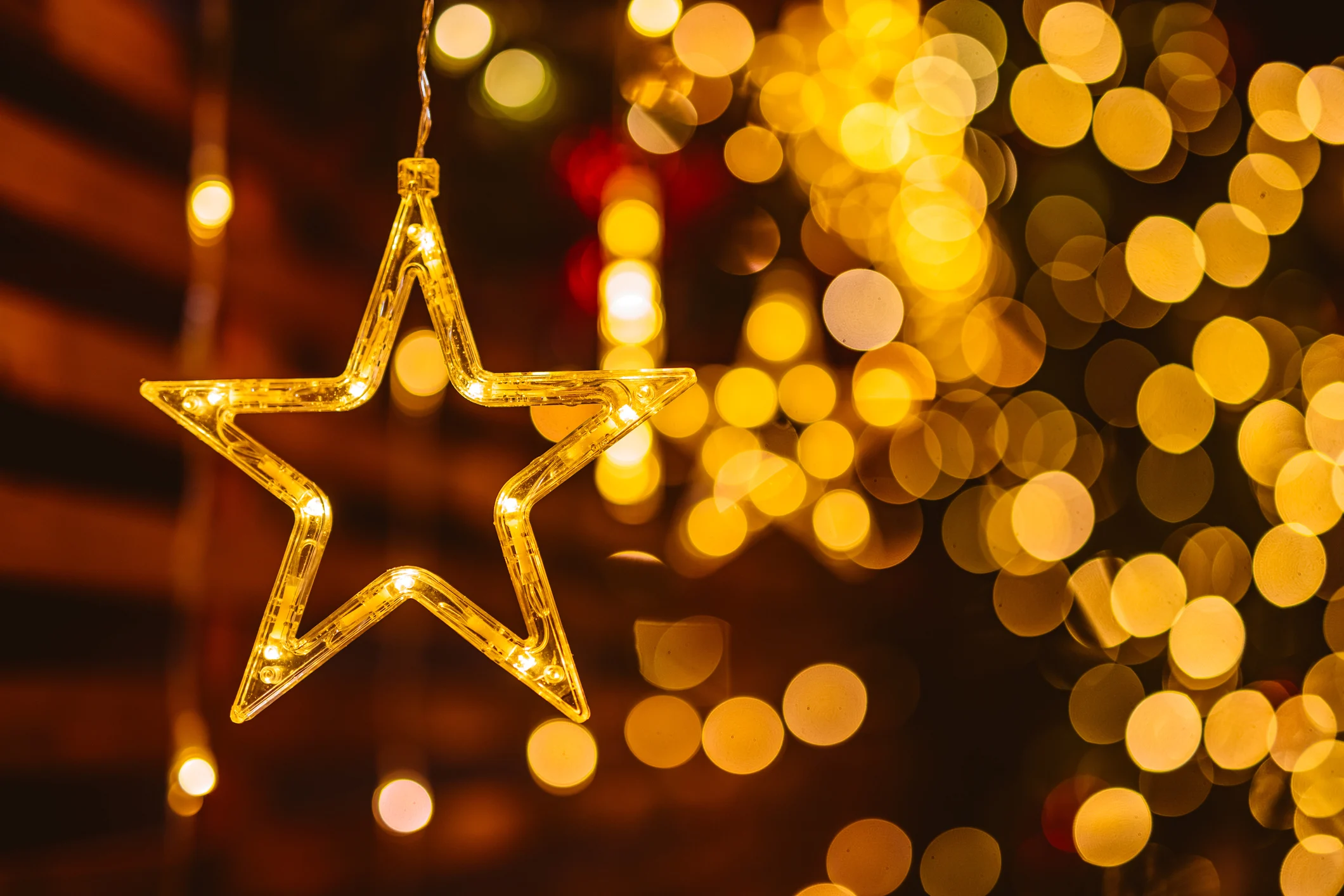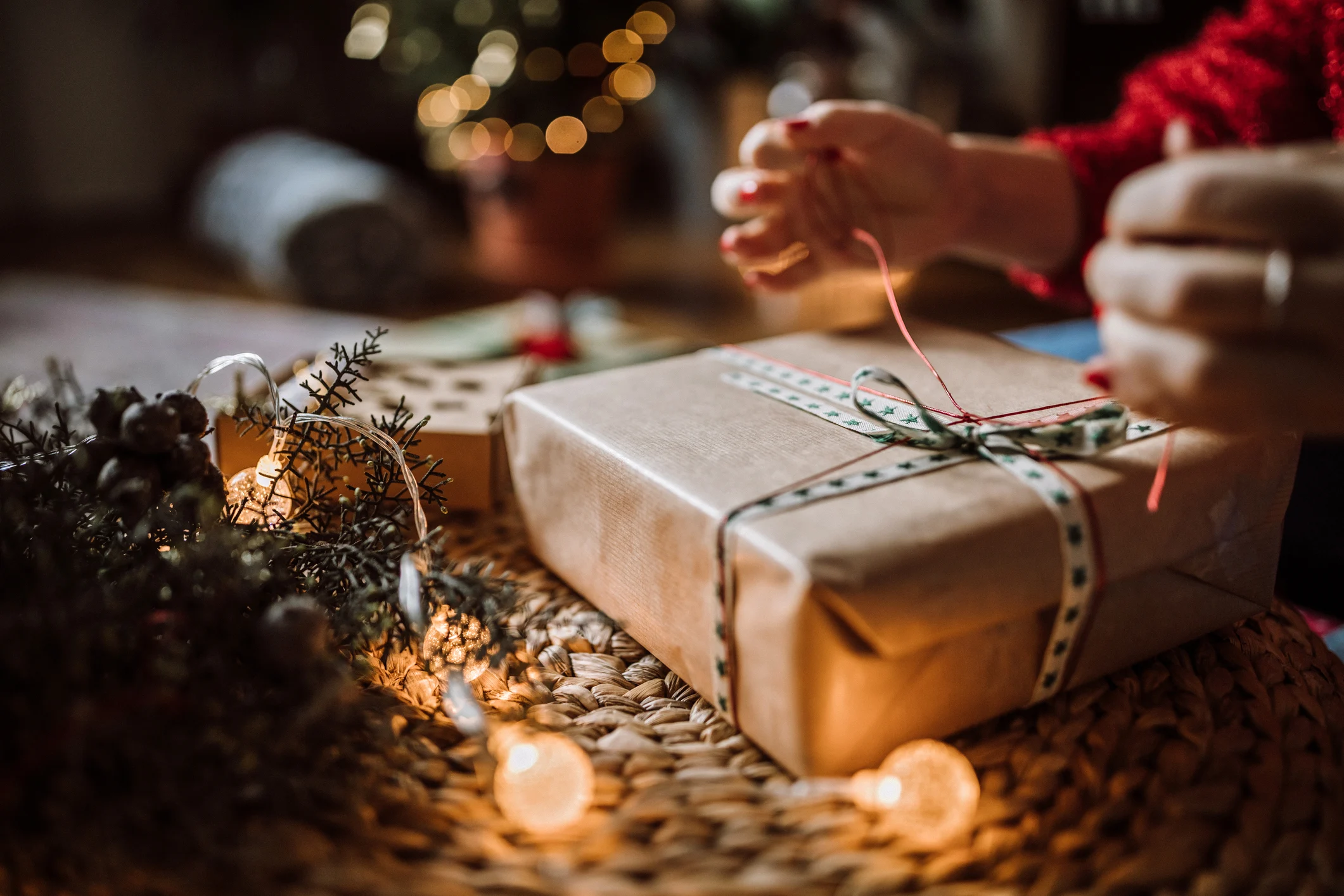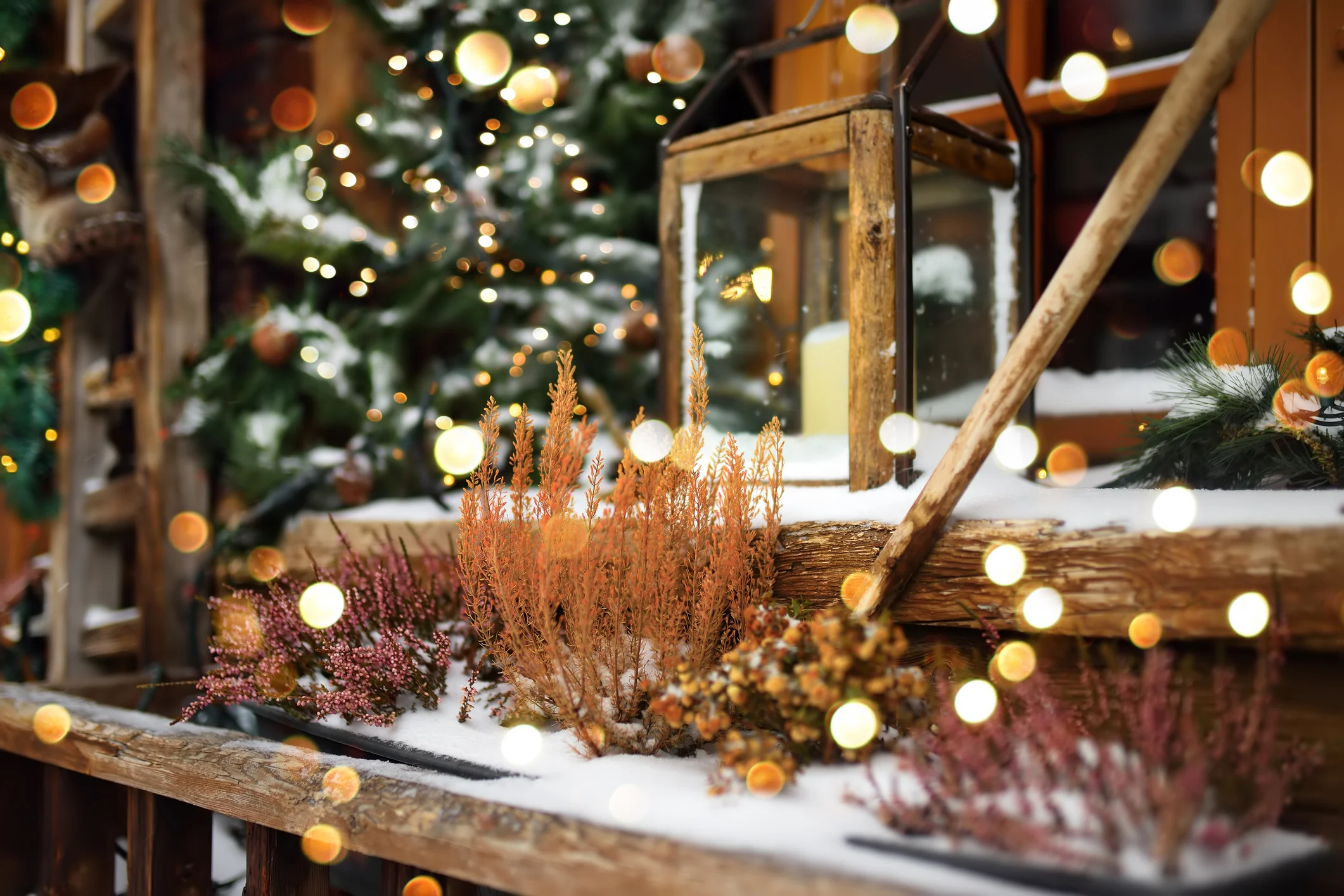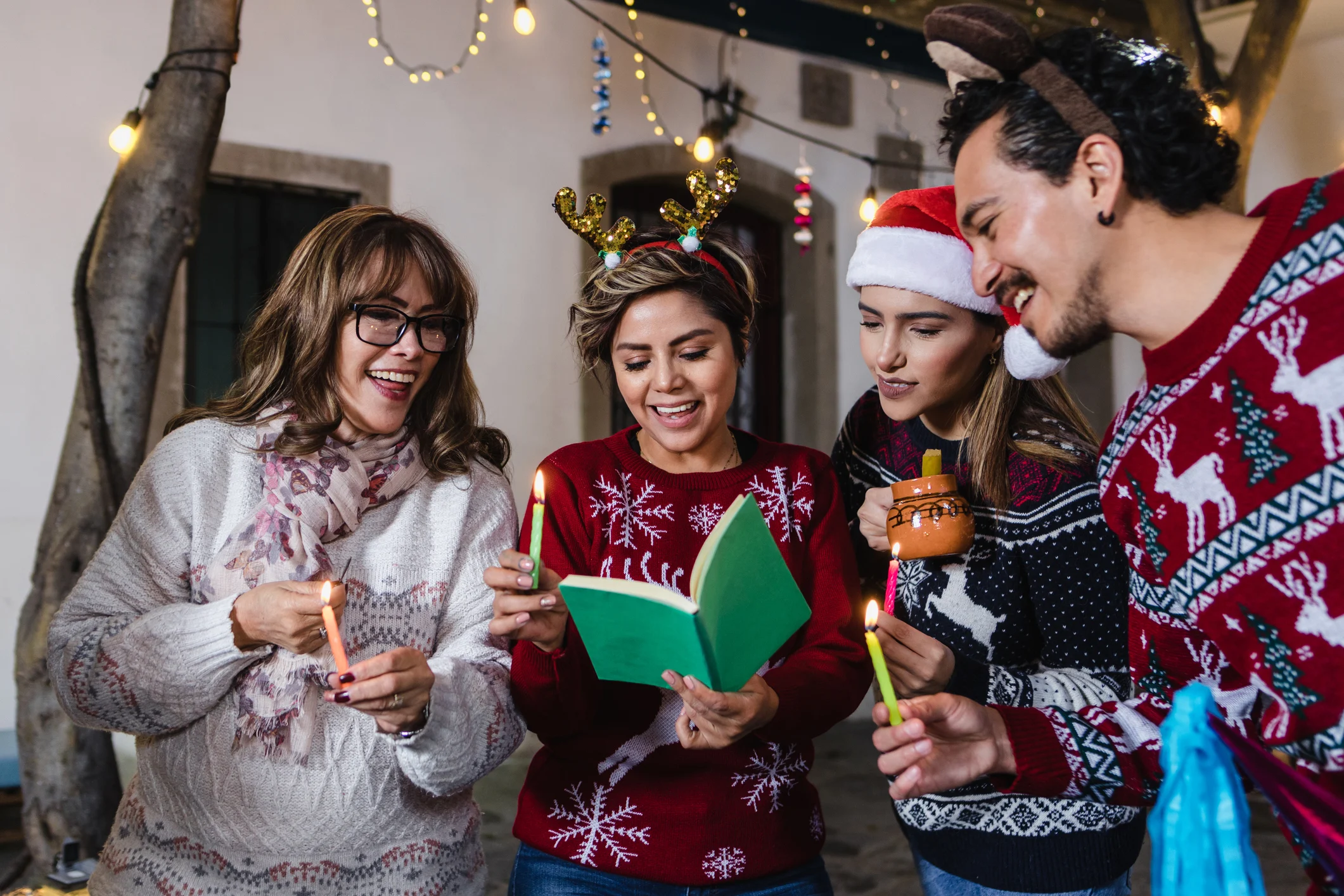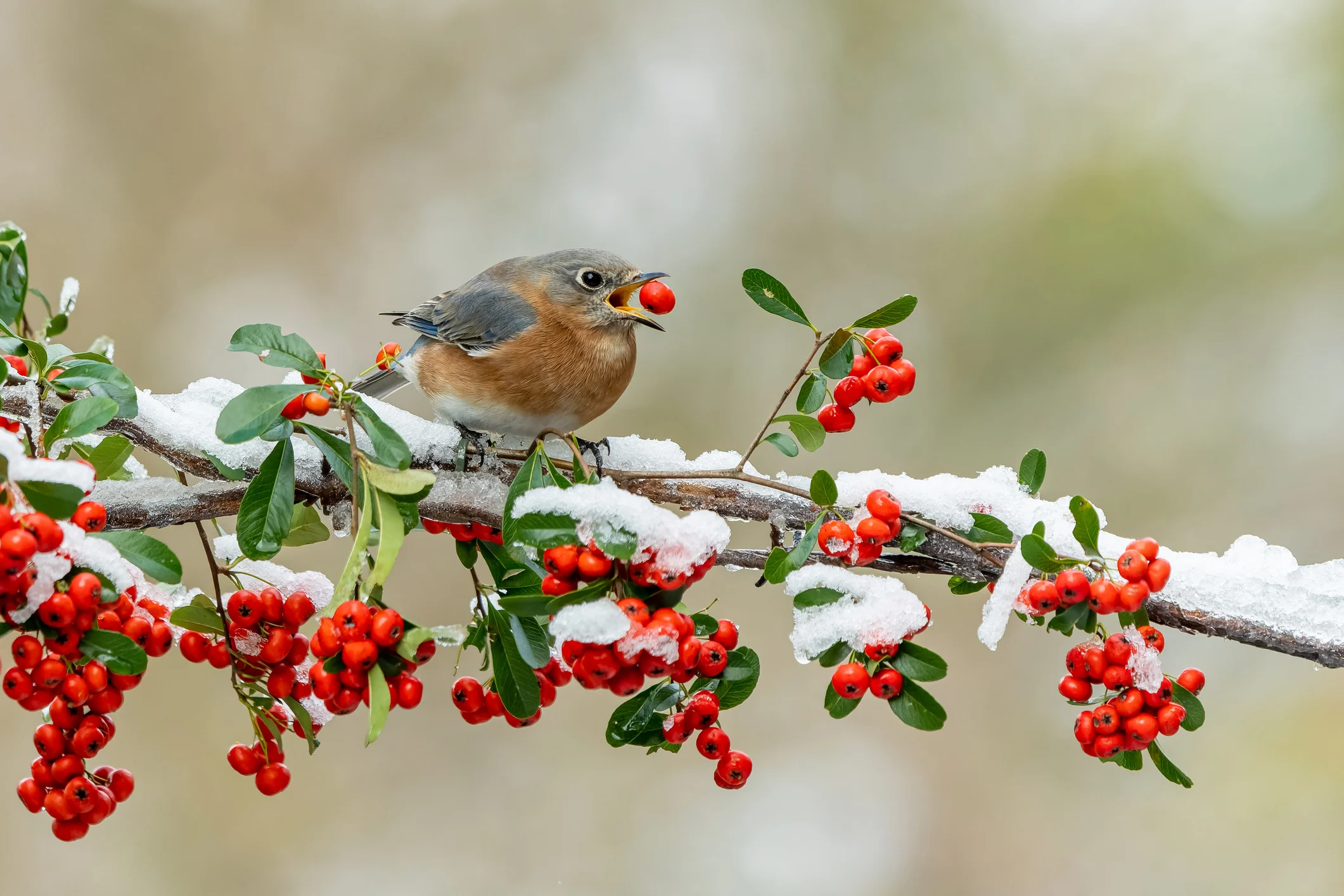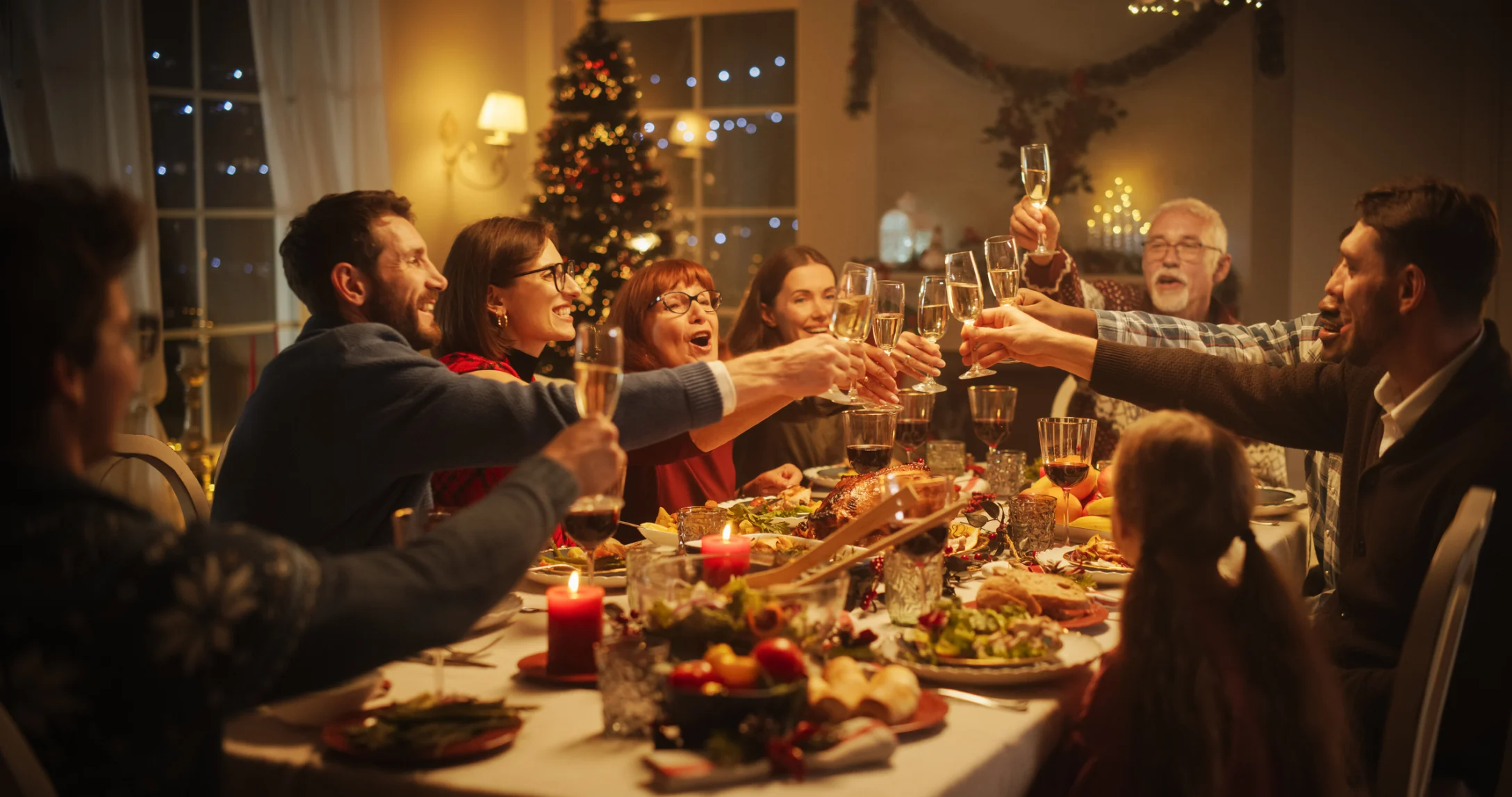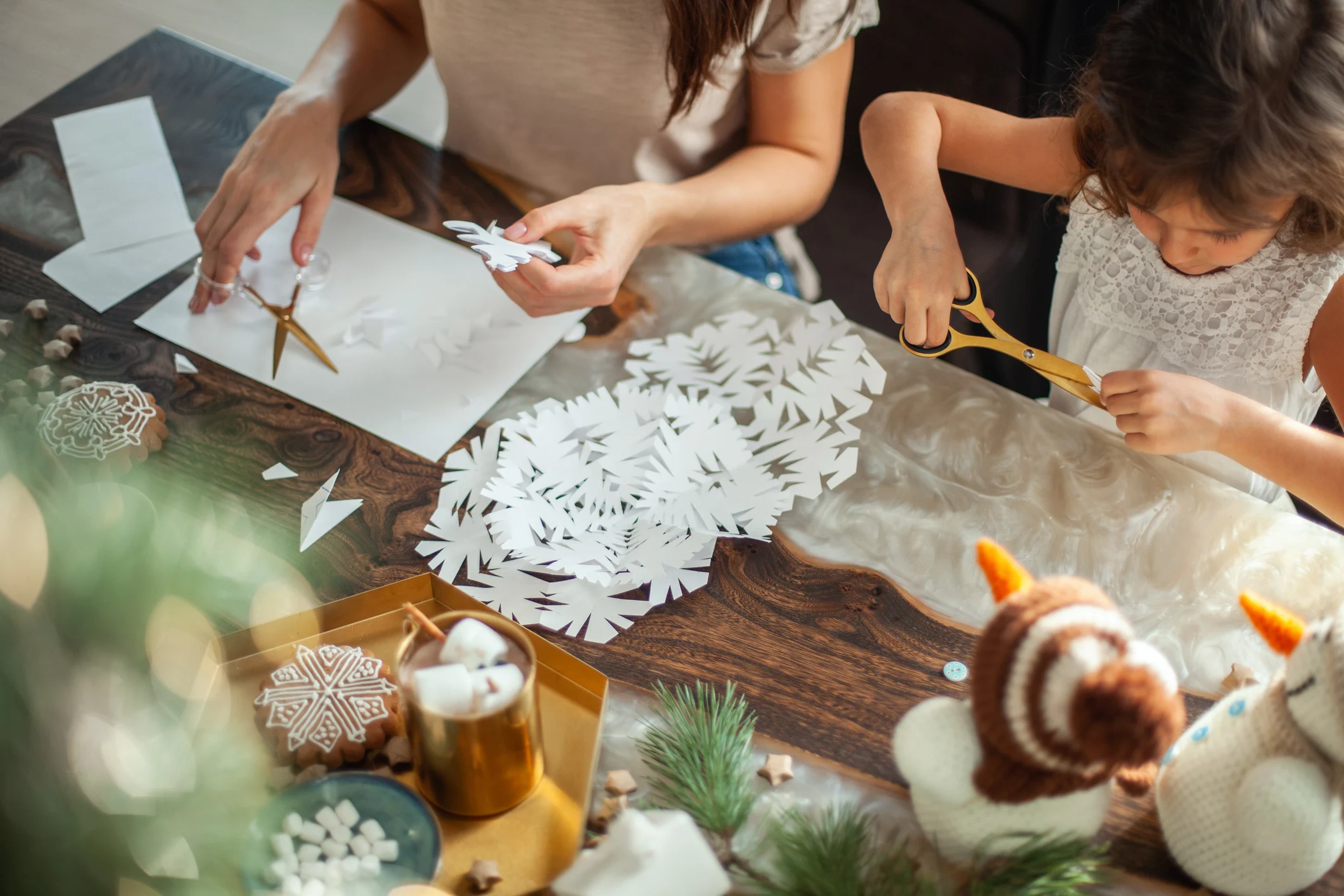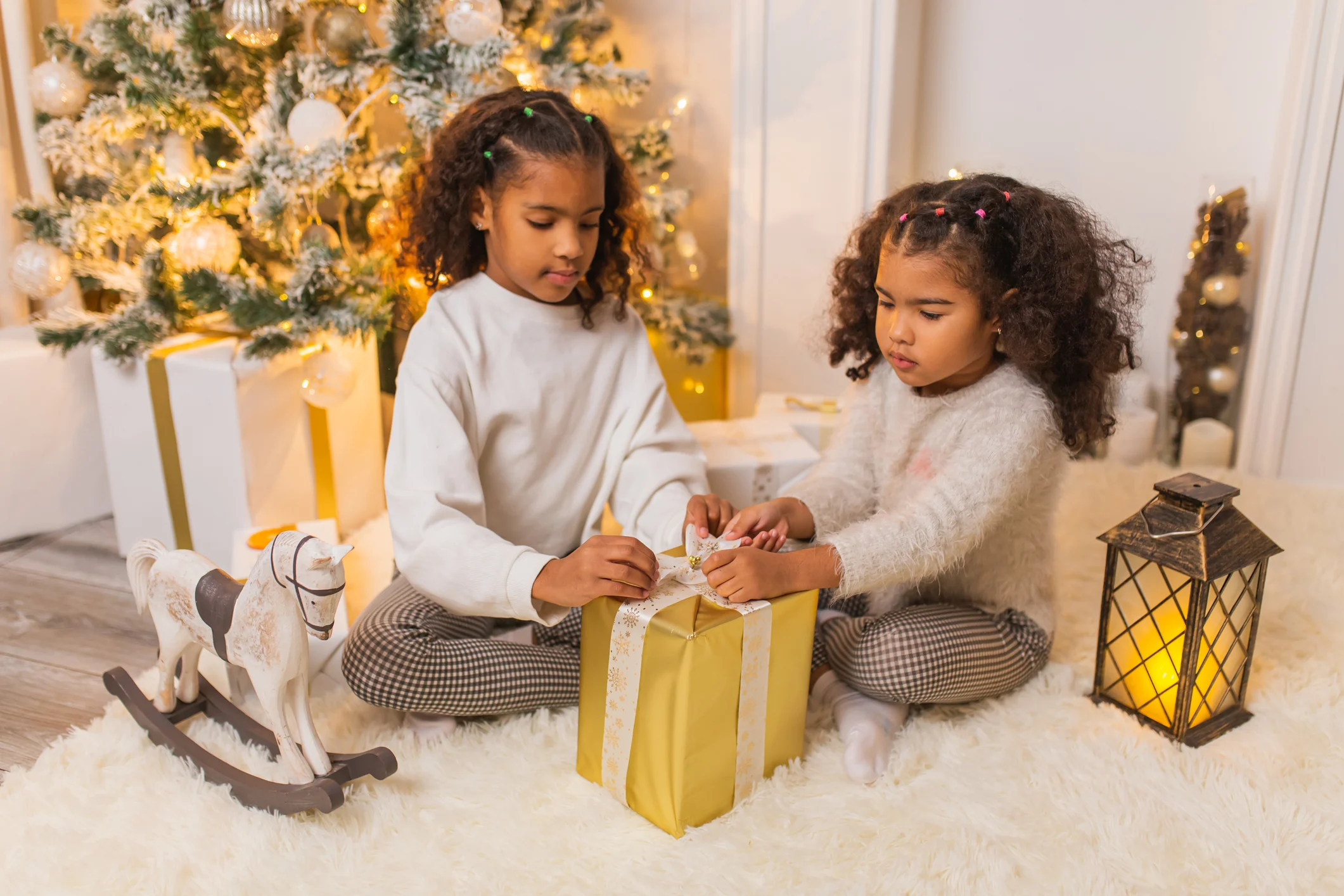How To Celebrate Yule With a Pagan Family
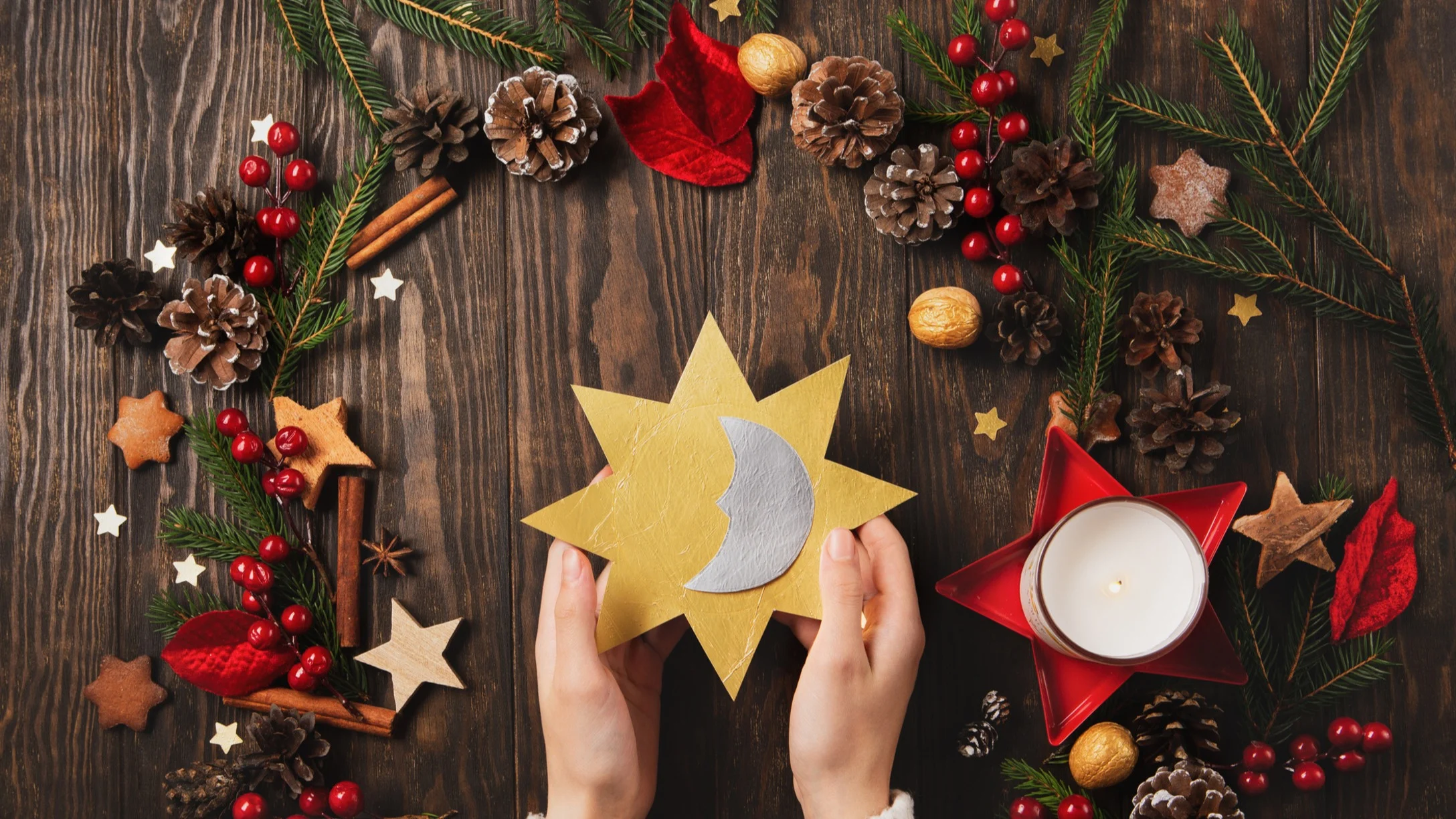 Metkalova/iStock
Metkalova/iStockDuring the winter season, there are a lot of different celebrations going on for many different reasons. Hanukkah, Ramadan, Christmas, Kwanzaa ... and the winter solstice, or Yule. When people say "The reason for the season!" and point to the birth of Christ, I always scratch my head. The reason for the season is actually, well, the seasons. The rotation of the Earth.
On the winter solstice, which usually falls on December 21, the Earth's axis tilts away from the sun in the northern hemisphere. This makes the winter solstice the longest night of the year, and after that, the days start getting longer again. It marks the halfway point of the cold part of the year (fall and winter) and is the official start of winter as well.
More from CafeMom: How I’m Opting Out of the Frenetic Pace of Christmas This Year
So, how do you incorporate simple changes in the season into your life, and why is it a holiday?
More so, how do you celebrate Yule, especially with kids?
Well first, a little history can help understand the celebrations across the board. The ancient Egyptians celebrated the Sun God Horus during this time, bringing in decorations of palm fronts and putting up star-like symbols of the sun.
The Romans celebrated Saturnalia all week long, focusing on the god Saturn, to encourage prosperous agriculture.
They'd exchange lavish gifts, feasting, and hand over the Freedman's hat (also known as a liberty cap or pileus) to their slaves and serve them dinner, though the slaves still had to cook. The hat is on a few state flags and has a wide history, but you may also recognize it as a special hat of certain tradition as well. (Hello, Santa!)
Norsemen believed the sun was a great wheel of fire that would roll away from the Earth and back, and they'd encourage and celebrate its return with great bonfires and large logs to burn on home fires (Yule logs).
They would decorate with bows of evergreen and put ornaments like the sun (often many-pointed star shaped) out in the trees all around to attract the sun back to the earth. Many cultures, both modern and historical, celebrated with fire and lights to both light the longest night and to welcome back the sun.
More from CafeMom: 25 New Family Holiday Traditions To Start This Year
Germanic tribes worshipped Odin, went wassailing (caroling!), and put out fruit and candles, even on trees.
Christmas lights, Kwanzaa candles, menorahs, and Yule logs are still a very common celebration of the sun, fire, and light.
A lot of pagans and Wiccans have a fun story of the battle between the young Oak King and the Holly King.
The Oak King, representing the light of the new year, tries each year to usurp the old Holly King, who is the symbol of darkness.
So, why am I telling you all this history?
Because I'm explaining why certain practices exist! Contrary to a lot of popular belief, presents, trees, and "Christmas" lights are much older than the Roman Catholic Church's designation of Christmas on December 25.
So, as Pagans, we do still have a tree, lights, presents, a big dinner (I do sun colors and winter crops ... yum), a Yule log, and lots of magic and joy to our holiday, with good reason.
A lot of the practice is symbolic at this point, obviously — I'm not exactly worried about MY crops, but the fact that the seasons are changing, the night is the longest and the sun is "returning" is MY "reason for the season."
We focus a lot on the changes of the Earth.
I've taken a ball and a flashlight to explain to my son about the seasons and Earth's tilt. We take walks and look at the changes in the earth, the bare trees, any snow. We cut snowflakes out of coffee filters and decorate our big tree with ornaments and a big star on top.
We generally do a Yule ritual, even if it's just short and informal, welcoming back the sun and daylight. The kids go to bed in new jammies, and we wake up to presents and a Yule-themed breakfast.
Despite differences in religions or heritage, almost all pieces of celebration of the winter solstice (even Christmas) are the same.
There are so many more similarities than there are differences that arguing over which you celebrate, which is the "true" belief, is all so silly. I've been told before that I "deprive" my children of childhood by not practicing Christmas ... obviously said by people who don't even understand what I celebrate in the first place.
Growing up pagan, the best part was I got to open my presents days before all my friends! Not deprived at all.


